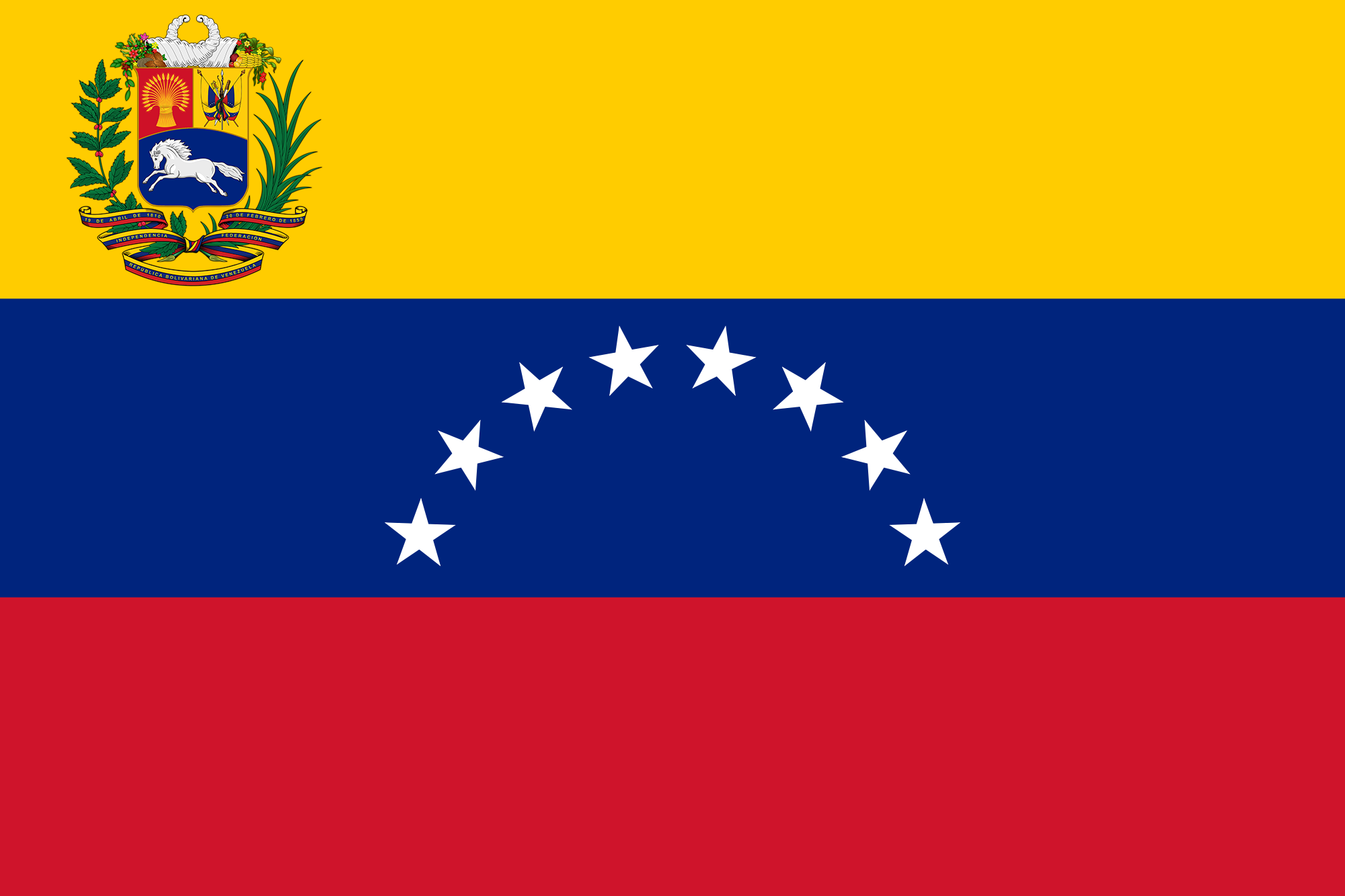14 February 2019
Venezuela
The politics of intervention.
By John Watson
 Could it be worse? A collapsing currency, medicines not available, malaria spreading, people fleeing starvation, and all in a country with huge, huge oil reserves. Whatever your politics, the politicians in Venezuela have certainly cocked it up and, to put the cherry on the cake, they don’t seem at all upset about it. Maduro, clinging to power following a specious election, is supported by an army whose senior officers are his appointees. It is all in the tradition of Latin American dictatorships. Naturally, he has a moustache.
Could it be worse? A collapsing currency, medicines not available, malaria spreading, people fleeing starvation, and all in a country with huge, huge oil reserves. Whatever your politics, the politicians in Venezuela have certainly cocked it up and, to put the cherry on the cake, they don’t seem at all upset about it. Maduro, clinging to power following a specious election, is supported by an army whose senior officers are his appointees. It is all in the tradition of Latin American dictatorships. Naturally, he has a moustache.
The constitutional position is complex. Mr Guaidó, leader of the National Assembly, claims that Maduro’s election was invalid, that there is therefore no President, and that accordingly under the constitution it is down to him to him to take control. He has been recognised as interim president by the US, the UK, most European countries, Canada, Australia and almost all of Latin America. Not everyone agrees however. Maduro and his predecessor Chavez being socialists (indeed unwise measures introduced by Chavez to help reduce the huge inequality from which Venezuela suffered when he came to power are partly responsible for the present disaster), it is perhaps no surprise to see Russia, China, Cuba, Turkey and Nicaragua lining up behind him. Well, they would, wouldn’t they?
More interesting are those in between. Italy resists the recognition of Guaidó, preventing the EU from taking a united position. Britain’s own Labour party is against the interference in sovereignty which recognising Guaidó would involve. Meanwhile 3 million people have fled Venezuela and the suffering is immense.
To do or not to do? That is the question. When do you leave it to the locals to sort a mess for themselves and when do you apply sanctions, force or whatever to sort it out for them? There are practical issues, of course. Intervention from outside normally means intervention with a simplistic view of issues on the ground – most importantly the viability of the replacement regime- but there are issues of principle as well. How much regard should we pay to national sovereignty as we creep towards the end of the second decade of the twenty-first century?
In a domestic context the tendency has been to break down the sanctity of the traditional unit. Violence within the family is no longer OK. The state will intervene on behalf of the battered wife or the neglected child and the cry of “that is just how we run our family” carries less and less weight. Sometimes the same is true at an international level and one of the best features of the EU is that it permits a transnational regime in those areas where it is beneficial. The emphasis however is on the word “sometimes”. Push up those decisions which should be left to the locals and resentment will build. The pressures for Brexit and for Scottish independence bear tribute to this. So also do those for Catalan independence.
The difficult question is when things should be left to the locals to deal with and when it is right to intervene. Is the threshold humanitarian, a marker on the scale of human misery, and if so, where does it lie? Take Venezuela as the test. People becoming destitute: that is bad. People starving: that is worse. Sick children losing access to medicines: worse still. Malaria re-establishing itself: that is appalling. Three million people fleeing with the consequent pressure on other countries: perhaps just a consequence of what has already been said. Has the crucial line of pain been crossed? How many people need to have their lives destroyed to justify outside intervention? 100,000? 1,000,000? 10,000,000? Just stating the question shows how difficult it is to answer.
Or perhaps the question is not so much one of the pain as of the legitimacy. Is the test whether the oppressive regime is acting in accordance with the constitution of the country concerned? Does the position of outsiders depend on some arid question of local law? In the case of Venezuela the supporters of Maduro brand Guaidó as the rebel whilst Guaidó’s claims to be acting in accordance with the constitution. Who is right? Hard to say. Does it matter? Probably not, although the fact that Maduro only survives because of the military surely undermines his legitimacy.
Faced with questions like these, it is perhaps no surprise that the major powers make their decisions by reference to their interests. That suits them of course in a material sense, but it also gives the policymakers a clear line to follow through the tangle of moral, humanitarian and legal considerations. That is why Emily Thornberry’s comment that a future Labour Government would tilt foreign policy away from interests and towards values, while idealistic, is not realistic. After agonising their way through the rights and wrongs of successive issues, with all the muddle and disagreement that would involve, they would have to fall back on simpler rules. There are times in Government when the need for a clear path is greater than the need for that path to be the right one.


